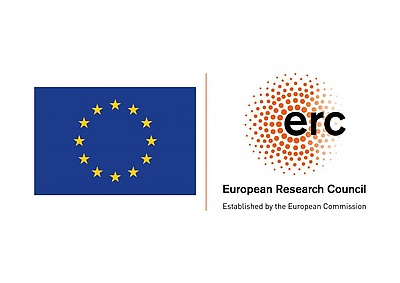We research and teach the design of human-computer interactions, computational approaches to study human behavior and social dynamics as well as the constitutive role of digital technologies in society.
Data Science: Using technology and developing algorithms to model and understand human behaviour and societal dynamics , using for example machine-learning, natural language processing or methods from computational social science, learning analytics or gaming analytics.
HCI – Human-Computer Interaction: Designing interactive, intelligent, immersive technology considering human, business and societal needs and concerns, such as in information visualisation, conversational systems, games, educational technology, mixed and virtual reality.
STS – Science and Technology Studies: Understanding the role of technology in society and analysing how technologies can be shaped in socially desirable ways. Our expertise informs design and policy making processes aiming at sustainable futures.
The Institute traces back to one of the founding Institutes at the department of Computer Science and Biomedical Engineering, the Institute for Information Systems and Computer Media (IICM) led by Prof. Hermann Maurer. In 2017, this Institute, then led by Prof. Frank Kappe, was merged with the Knowledge Technologies Institute, then led by Prof. Stefanie Lindstaedt. The joint institute was named Institute of Interactive Systems and Data Science, and renamed to Institute of Human-Centred Computing in 2025 led by Prof. Denis Helic.

